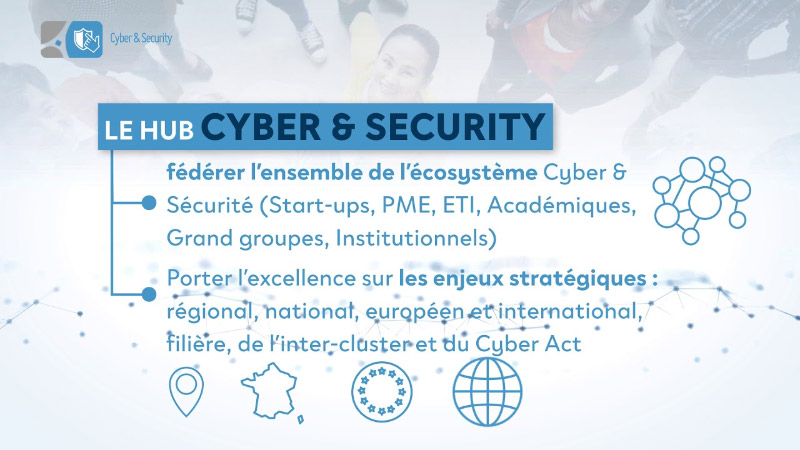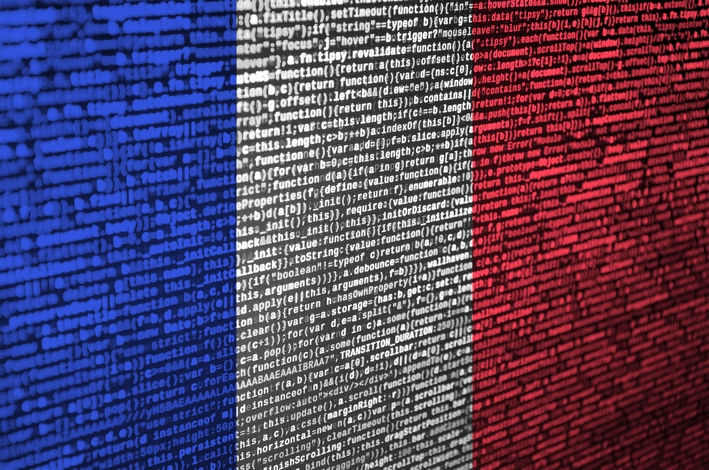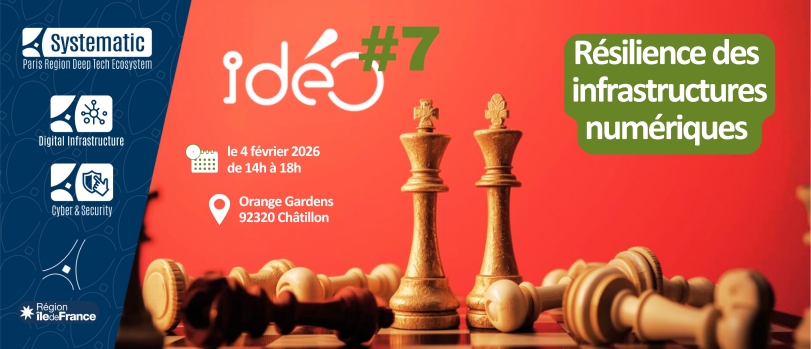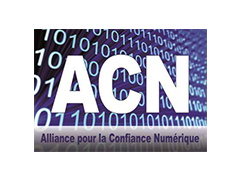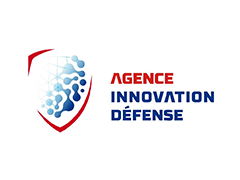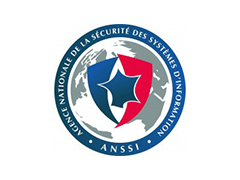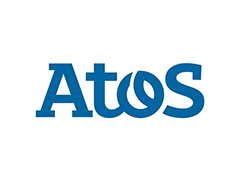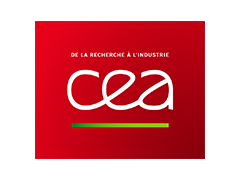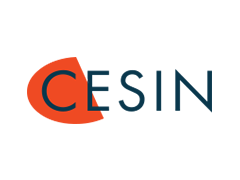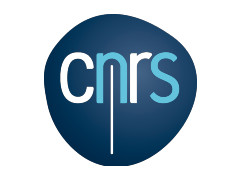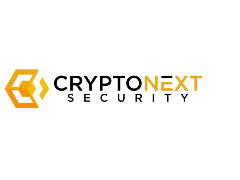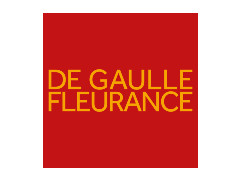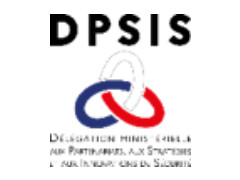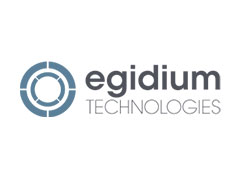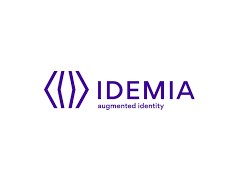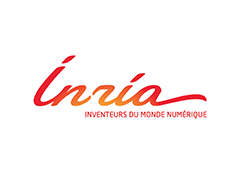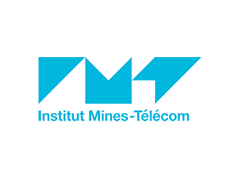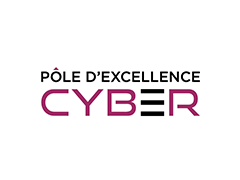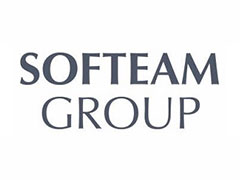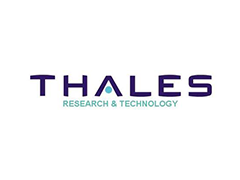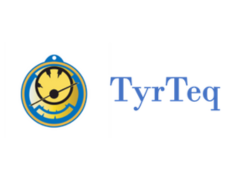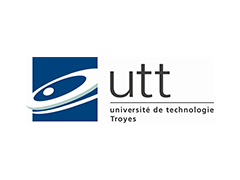Hub
Cyber & Security

Since cyber and security are boosting our economy, Systematic’s Cyber & Security Hub is committed to fostering the emergence of a dynamic and structuring an ecosystem which has both national and European scopes !
The Hub’s objective is to federate the entire Cyber & Security ecosystem (start-ups, SMEs, academics, large groups, institutions, investors). It aims to promote excellence in the sector’s strategic issues at regional, national, European and international levels, as well as at the sectoral, inter-clustering and Cyber Act scales.
- National sovereignty and defense
- Economy and technology
- Legal and regulatory aspects
- Cyber-physical systems
- Digital systems
Cyber and security are also real economic and societal challenges :
- Improvement and promotion of training which is adapted to the needs of industry
- Creation of a society that guarantees both individuals’ and companies’ rights
- Development of digital autonomy and of the digital sector
- Contributing into the development of a European digital sovereignty
The AID has joined the Cyber & Security Hub’s Steering Committee and is particularly engaged on key issues (incident response platform, advanced data encryption, better knowledge of threats, etc.).
Systematic collaborates with the AID on several programs, here are some examples :
- “Honeypot and Synapse” challenges
- Exchange of information on Defense roadmaps
- I-Naval project: sourcing of the Systematic’s Defense SMEs for meetings with military contractors
- Presentation of the EDIDP “Europe of Defense” project calls and sourcing within the Systematic’s ecosystem
- Acting as an adviser in economic development, education/training and about platforms in both cyber and security sectors.
- Maximizing collaborative R&D funding for the benefit of Deep Tech innovation in security
- Proposing the implementation of innovative collaborative secure platforms to develop the services of the future
- Publishing a Vision and Perspective 2025 document and developing a roadmap in line with it
- Regularly animating the ecosystem, in particular thanks to an annual major event
- Contributing to the development of the ecosystem’s security and training offers
Upcoming Hub events
Don't miss any opportunity to network, discover, learn and share!
IDEO #7 : Résilience des infrastructures numériques
Organisateur : SYSTEMATIC PARIS-REGION
Prix : gratuit
Webinaire Innov’action – Focus Opportunités défense et Appels européens
Organisateur : Systematic Paris-Region
Prix : gratuit
Videos from the hub
Check out the latest videos!
GT Blockchain du 25 avril 2024
[Replay] Plénière GT Blockchain [So Deep Tech 2023] 05 07 2023
Repenser la protection des données : quand l’open source rencontre le Zero Trust
Calls for hub projects
Systematic offers you a rigorous selection of current calls for projects
Starburst, leader du consortium qui a emporté le marché auprès d’EUDIS, a ouvert, le 16 décembre 2025, l’appel à candidature pour constituer la cohorte de 2026. Clôture des candidatures le 25 janvier 2026.
DEADLINE : 25 January 2026
HUB : Advanced Engineering & Computing
Cyber & Security Data Science & AI Digital Infrastructure Drones Industrie & Services One Health Open Source Optics & Photonics TerritoiresThe Engage knowledge transfer network (KTN) aims to share the resources and findings of the SESAR research and innovation programme with a view to informing future fundamental research, as well as transferring results towards application-oriented work. The network will build on the work of its predecessor, which developed a number of instruments to facilitate knowledge transfer, including a knowledge hub, thematic challenges, catalyst funding and summer schools, to name but a few.
DEADLINE : 2 February 2026
HUB : Advanced Engineering & Computing
Cyber & Security Data Science & AI Drones Industrie & Services TerritoiresOpen Horizons proposes a novel approach towards covering the women-led companies funding and corporate network gap, by creating a full programme, from scratch, that relies in the work done by other initiatives (Women TechEU or Empowomen).
The consortium aims to invest 1.2M in startups and is comprised by an experienced consortium of partners as PEDAL (Reputed consultancy in EU projects also specialised in public procurement), SPLORO (experts on cascade funding) and INNOVX (EIC Partner and leading Accelerator).
Corporates are also linked to the proposal as partners like Migros (retail) or associated partners like Siemens Industry Software, Repsol (energy) and Stahl (Manufacturing) and planning to expand up to 10.
The projects structured approach includes identifying and formulating corporate challenges, inclusive talent scouting across Europe, and facilitating the funding and implementation of pilot projects within real-world corporate settings. Post-pilot, the programme focuses on expanding growth opportunities for startups by connecting them with investment channels and helping negotiate commercial agreements for long-term collaborations.
This comprehensive strategy not only provides a platform for women-led startups to showcase their innovations within major corporations but also integrates them into a broader corporate and innovation ecosystem, ensuring sustained growth and significant market presence.
DEADLINE : 29 January 2026
HUB : Advanced Engineering & Computing
Cyber & Security Data Science & AI Digital Infrastructure Drones Industrie & Services Open Source Optics & Photonics Territoires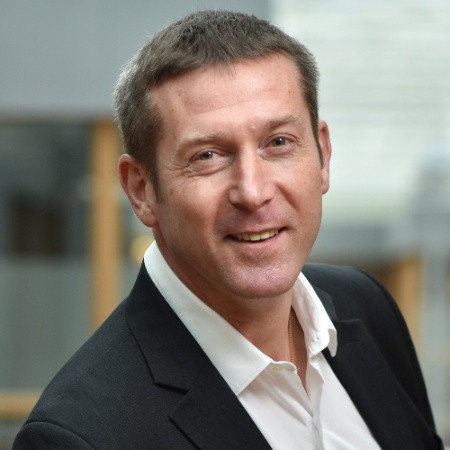
R&D projects
funded R&D
Gilles DESOBLIN, Program Director Cybersecurity & Digital Transformation, IRT System X
President Hub Cyber & Security
Federate multi-sector players to strengthen France’s capacity for collaborative innovation in cyber & security in the Paris region, nationally and in Europe.
Support the national cyber & security acceleration strategy in creating synergies between industry players and in developing innovative sovereign solutions.
Promote training courses (initial and continuing) in cyber defense and crisis management, tailored to the needs of IdF region manufacturers.
Design and run events with (at least) national visibility in the IdF region.
Governance
President

Gilles DESOBLIN
Program Director Cybersecurity & Digital Transformation, IRT System X
Gilles Desoblin is an experienced General Manager in cybersecurity, open innovation, digital transformation, technology transfer and change management.
He has solid multicultural and multisite technical and managerial experience, as well as excellent interpersonal, communication, negotiation and analytical skills. A strong strategic mind, and a sense of trends.
Hub’s Co-President
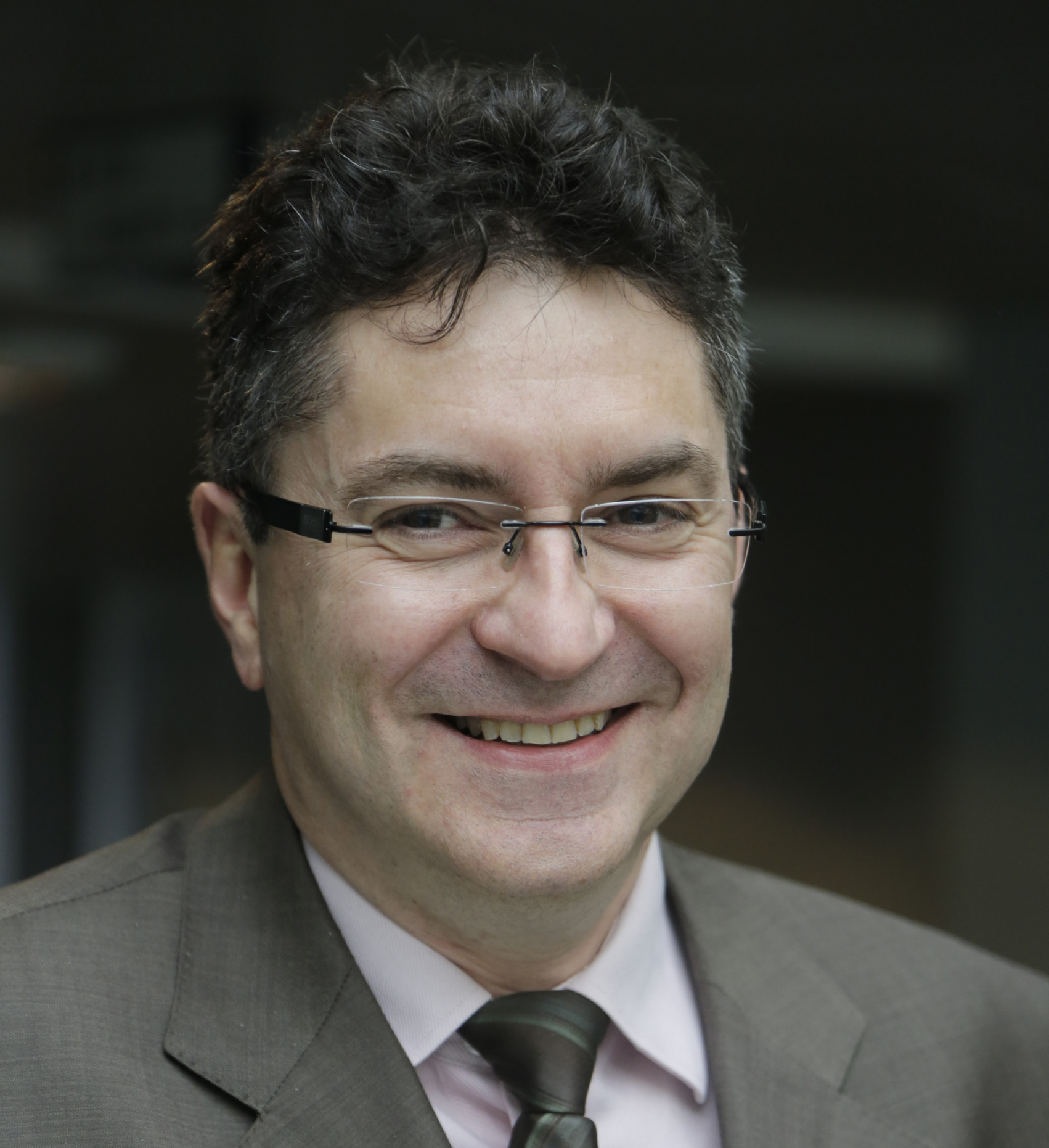
Thierry WINTER
CTO Evidian IAM products d’Atos
Hub’s Vice-Presidents

Joaquin GARCIA-ALFARO
Professeur, Institut Polytechnique de Paris
Académique

Hubert DUAULT
Head of program Cybersecurity, INRIA
VP Transfert Technologie

